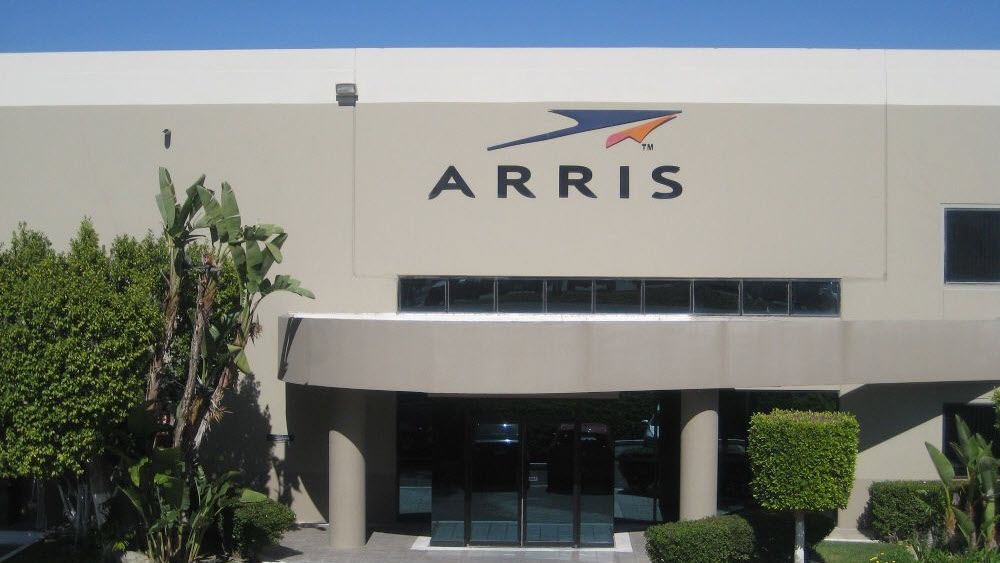Arris Hit Hard By Shortages of Capacitors, DRAM

The smarter way to stay on top of the multichannel video marketplace. Sign up below.
You are now subscribed
Your newsletter sign-up was successful
Arris continues to struggle with the global shortages of key electronic components, which it said was the principal cause of a 13% drop in CPE sales in the second quarter.
“Most companies like us are in an environment where trying to secure supply is on a week-to-week basis and prices fluctuate pretty significantly,” Arris CEO Bruce McClelland told investment analysts during the company’s second quarter earnings call last week.
“We're not in a position we can absorb those costs. And so, we've been pretty upfront and open with customers on what the price increases are,” McClelland added.
Related: Arris to Be ‘More Selective’ With Its Set-Top Box Business
Arris conceded in March that it has been among the suppliers affected by spiking global demand for dynamic random access memory (DRAM) chips. During its Q2 call, the company also conceded that the strained supply of multilayer ceramic capacitors (MLCC) is also taking a toll on business.
MLCCs are used in a wide range of electronic devices—everything from modems and gateways to smart phones to pay TV set-tops. In June, the National Cable TV Cooperative issued a warning to its operator constituents to expect delays on product shipments. And one Midwestern operator has admitted to switching its modem supplier from Arris to Hsinchu, Taiwan-based supplier Hitron.
For his part, McClelland said he visited Asia himself in July to meet with key parts suppliers.
The smarter way to stay on top of the multichannel video marketplace. Sign up below.
“It's a reality of the entire market at this stage and we'll stay close both on the supply side and on the customer side to be as optimized as we can around the cost of production,” he said.
Related: Arris to Unload Taiwan-Based Set-Top, Modem Factory
Arris saw revenue in its CPE division decline from $1.15 billion in the second quarter of 2017 to $1 billion. Broadband device revenue declined 17.1% year over year to $405 million, while video CPE revenue declined 7.6% to $603 million.
In addition to raising prices to account for rising components costs, Arris said it was shifting focus to profitability and eliminating “low-contribution customer engagements.”
For Arris, and a broad array of other similarly situated companies rooted in electronics manufacturing, the shortages might not ebb soon.
With sectors like the automotive industry using exponentially more MLCCs these days, the leading global manufacturer of these parts, TTI, released a memo in April that indicated a somewhat intractable problem.
“We have reached a point that some manufacturers are concentrating their future activity on smaller case sizes and less commoditized technologies of the market like high voltage and flexible termination, with a particular focus on high-reliability end-markets such as automotive and medical,” the company said. “So while manufacturers are adding capacity, it’s generally not for commercial commodity parts—making this market condition even more difficult to navigate.”
Daniel Frankel is the managing editor of Next TV, an internet publishing vertical focused on the business of video streaming. A Los Angeles-based writer and editor who has covered the media and technology industries for more than two decades, Daniel has worked on staff for publications including E! Online, Electronic Media, Mediaweek, Variety, paidContent and GigaOm. You can start living a healthier life with greater wealth and prosperity by following Daniel on Twitter today!

